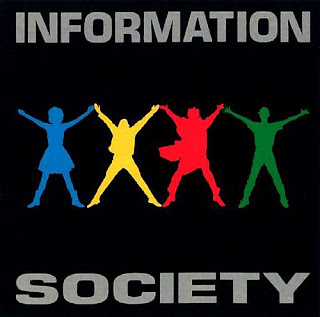 A.1.9.1
A.1.9.1Assess the impact of IT within society and its subsets
A.1.9.2
List the advantages and disadvantages of IT in society
A.1.9.3
Describe the digital divide
Definitions:
- An information society is a society in which the creation, distribution, diffusion, use, integration and manipulation of information is a significant economic, political, and cultural activity. The knowledge economy is its economic counterpart whereby wealth is created through the economic exploitation of understanding.
- Digital divide: "Refers to the gap between individuals, households, businesses and geographic areas at different socio-economic levels with regard to both their opportunities to access information and communication technologies (ICTs) and to their use of the Internet for a wide variety of activities. The digital divide reflects various differences among and within countries. [OECD] "web.worldbank.org"
- The term digital divide refers to the gap between those people with effective access to digital and information technology and those without. It includes the imbalances in physical access to technology as well as the imbalances in resources and skills needed to effectively participate as a digital citizen. "en.wikipedia.org"



No comments:
Post a Comment